Many people don't understand why Qatar finds itself in these World Championships of padel 2022 that take place in Dubai.
How is it that we have three hens from four nations and one hen from five, for the ladies and for the boys?
Normal, abnormal? We will try to see more clearly.
The change of the host country had consequences
Qatar was supposed to host these Worlds. Indeed, it was the FIP's first choice. Therefore, this country was exempt from qualifications.
Except that in the meantime, for reasons that we don't know precisely, the FIP had to find a new host country very quickly for the competition. And the United Arab Emirates quickly positioned themselves and obtained the endorsement of the FIP.
Consequence: Qatar no longer being the host country, the Qataris therefore found themselves absent from the first tables of the 2022 Worlds, communicated by the FIP a few days ago.
Not having been able to participate in the qualifications, Qatar found the situation unfair and therefore asked the FIP to reconsider its position and accept its men's team (the country does not have a women's team). Something the FIP did.
On a purely sporting level, and in view of Qatar's involvement in the padel, we could therefore estimate that there is nothing abnormal to see him participate in this World Cup.
Finally, the other argument that we don't necessarily think of at first glance is the balance of the ladies' and gentlemen's tables. Indeed, the United Arab Emirates having a ladies' and gentlemen's team, we inevitably ended up with a ladies' draw with 17 teams since the host country obviously had to be part of the competition, and the FIP could not withdraw a team which had qualified.
In a way, the UAE women's team considered by the FIP as “invited” offered this option in Qatar for the men. So we have a “guest” team for each category.
But his participation raises questions…
First, the presence of Qatar creates an imbalance. Indeed, why should we have a pool of 5 when the others are made up of 4 countries? This means more matches for the group of 5 (the D in this case), more fatigue, more risk of injury. It is therefore, it is true, not very fair compared to the others.
But, it can also be said that Qatar is not a top-notch team either, and ultimately will only have a small impact on the performance and flow of the competition. Indeed, last year, the Qataris had finished in last place.
The other question that arises is the regulations. Could the FIP do it? The statutes do they allow him to do so?



Obviously, it's not that obvious. Indeed, the statutes provide very precisely for 16 women's teams and 16 men's teams for the final stages of a World Championship. With 17 we do not seem to be very in accordance with the regulations…
Moreover, if it is determined that the FIP can adapt its regulations to respond to this exceptional situation, we can say that on a purely sporting level, it could have ensured that Sweden could participate in the competition for men. . Indeed, the team which counts in its ranks the Windahl, Vasquez and other Knutsson is sorely lacking in the call of this Emirati World Cup…
As you can see, the debate remains open, can the choice of the FIP be understandable in view of the exceptional situation? We are waiting for your opinion!
Franck Binisti discovers the padel at the Club des Pyramides in 2009 in the Paris region. Since padel is part of his life. You often see him touring France going to cover the major events of padel French.




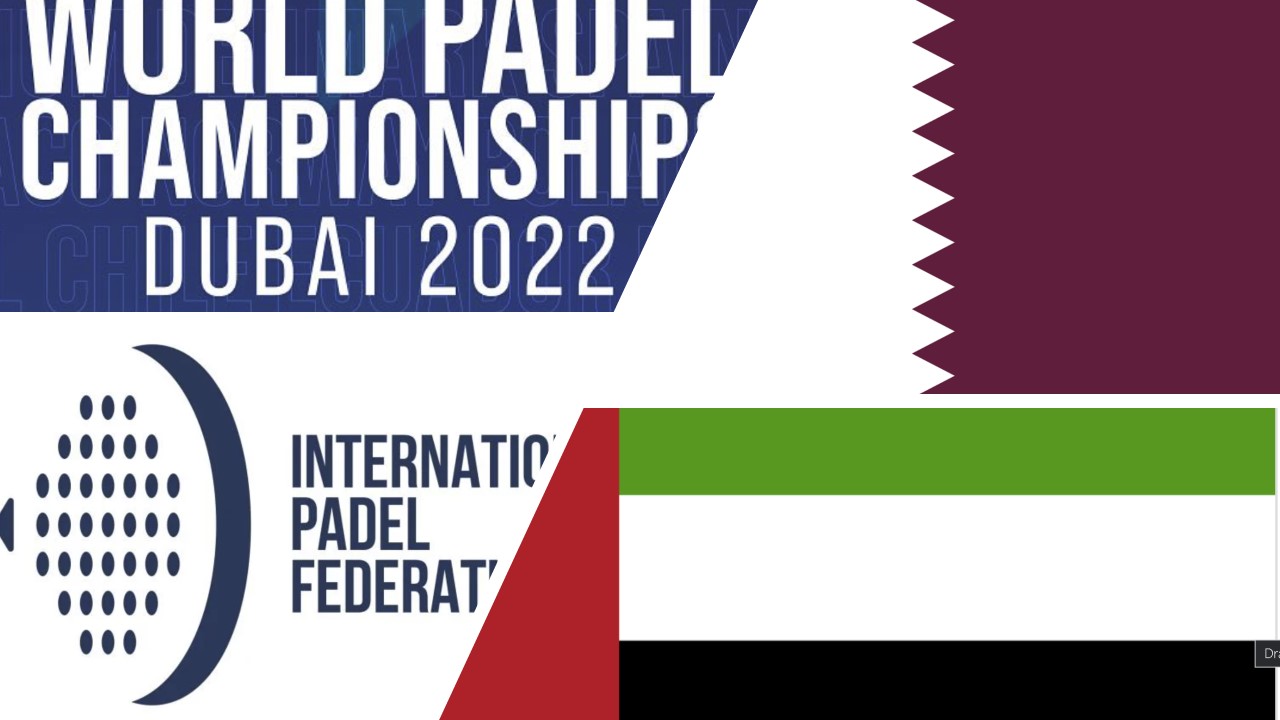
































































































 Miguel Lamperti: three tie-breaks and a return to the quarter-finals!
Miguel Lamperti: three tie-breaks and a return to the quarter-finals! Premier Padel Brussels P2 – Place for the quarter-finals
Premier Padel Brussels P2 – Place for the quarter-finals Lucho Capra: “I have fun again on the track”
Lucho Capra: “I have fun again on the track” Guillaume Codron de Sud Padel : “A family project”
Guillaume Codron de Sud Padel : “A family project” Nallé Grinda: “Democratize the padel in the USA with PadelX "
Nallé Grinda: “Democratize the padel in the USA with PadelX "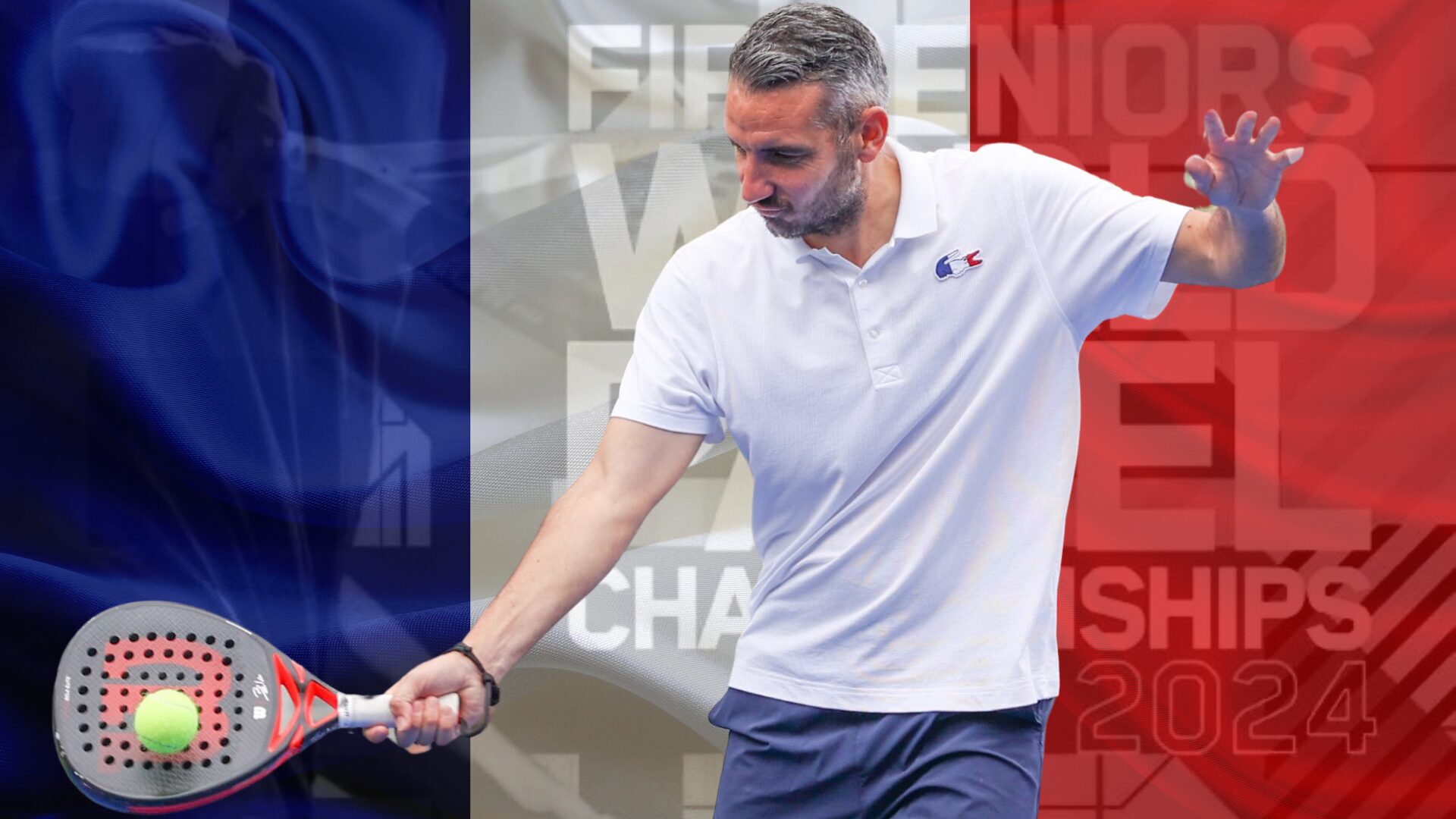 Simon Boissé: “We know that there are two nations in front of us”
Simon Boissé: “We know that there are two nations in front of us”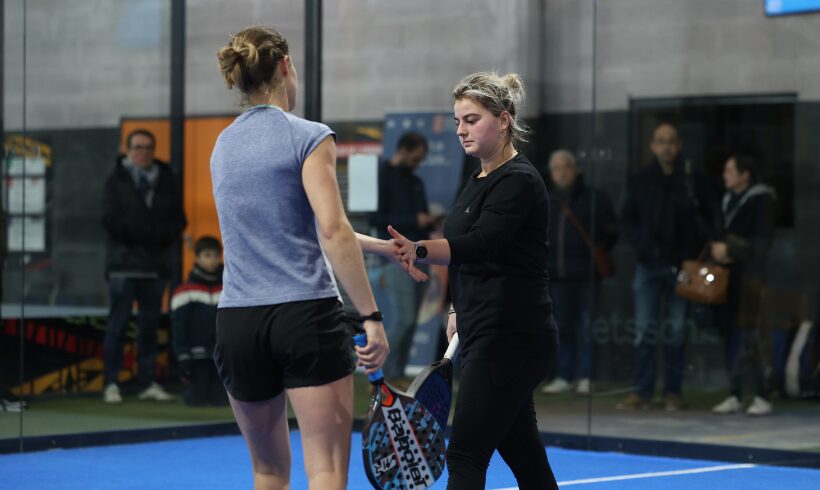 Marie Maligo: “This period of frequent changes of partners was beneficial for me”
Marie Maligo: “This period of frequent changes of partners was beneficial for me” Gilles Moretton: “We will be able to put the padel at the level of tennis”
Gilles Moretton: “We will be able to put the padel at the level of tennis” Two P1000 doubled prize money approaching!
Two P1000 doubled prize money approaching! José Manuel Escin at the inauguration of Casa Padel DOS: “Finally, and thank you!”
José Manuel Escin at the inauguration of Casa Padel DOS: “Finally, and thank you!” Big evening in Brussels with two seeded players on the mat, heckled number 1s…
Big evening in Brussels with two seeded players on the mat, heckled number 1s… A1 Padel – the French Open replaces the Mexican Open on the calendar
A1 Padel – the French Open replaces the Mexican Open on the calendar 4 Fiberglass Padel Courts for The Ville de Paris: a choice that looks to the future
4 Fiberglass Padel Courts for The Ville de Paris: a choice that looks to the future Brussels Premier Padel Brussels P2 – Collombon / Bidahorria falls against Brea / Gonzalez
Brussels Premier Padel Brussels P2 – Collombon / Bidahorria falls against Brea / Gonzalez Padel Score comes to Tahiti for American Express Padel Cup!
Padel Score comes to Tahiti for American Express Padel Cup! Do you know the Rafa Nadal Academy Tour?
Do you know the Rafa Nadal Academy Tour? Play at padel on his yacht? Possible for €233.000!
Play at padel on his yacht? Possible for €233.000! Our Top 10 training courses padel in France and Europe
Our Top 10 training courses padel in France and Europe At the heart of padel – Episode 25: Paul and Andoni answer your questions
At the heart of padel – Episode 25: Paul and Andoni answer your questions Tactical padel – What to do when faced with players who systematically stay at the bottom?
Tactical padel – What to do when faced with players who systematically stay at the bottom?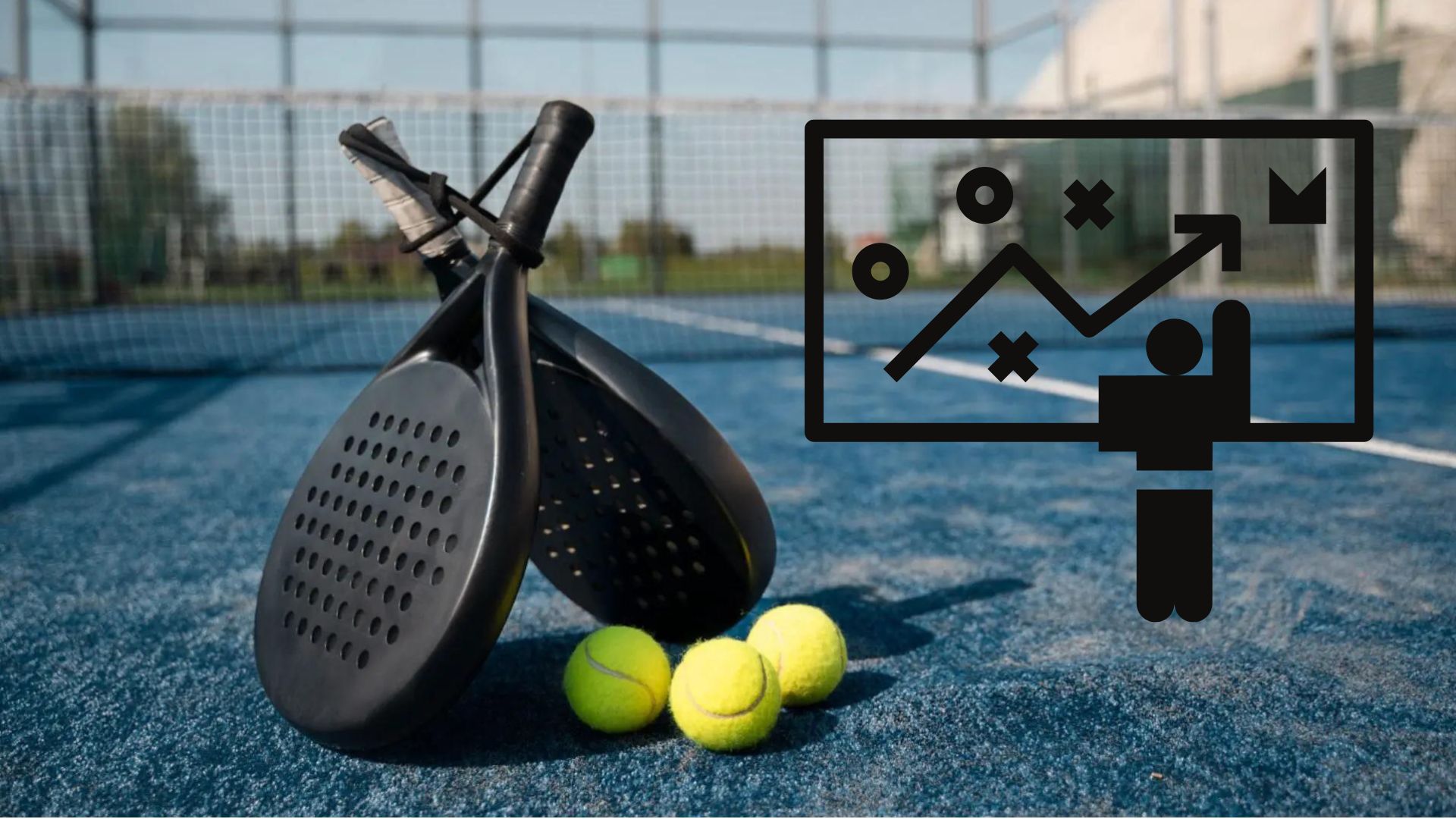 The basic tactics of padel
The basic tactics of padel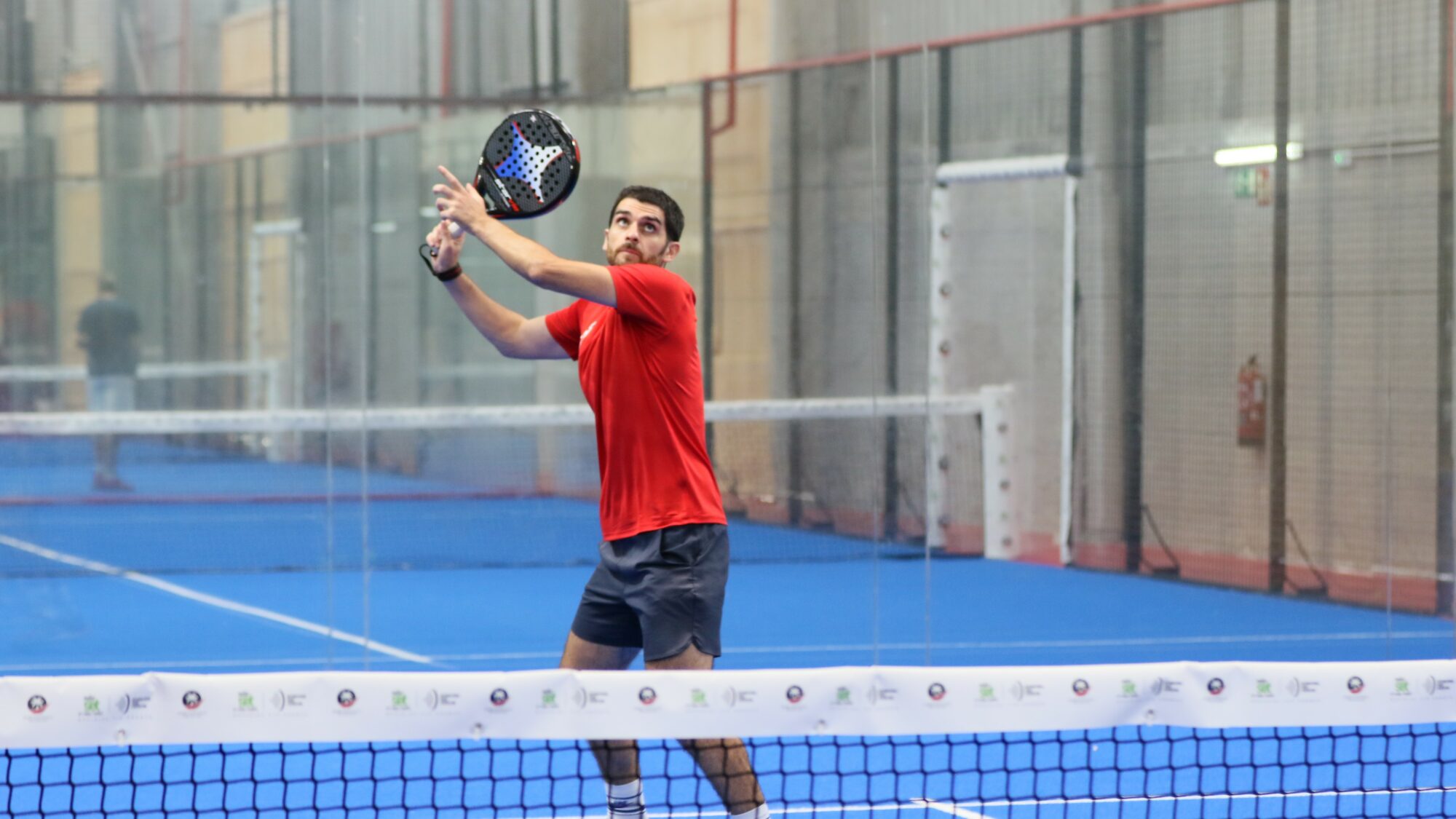 At the heart of padel – Episode 25: Paul and Andoni answer your questions
At the heart of padel – Episode 25: Paul and Andoni answer your questions At the heart of padel – Episode 23: defend the window well
At the heart of padel – Episode 23: defend the window well Prohibition on playing topless Padel : the reasons
Prohibition on playing topless Padel : the reasons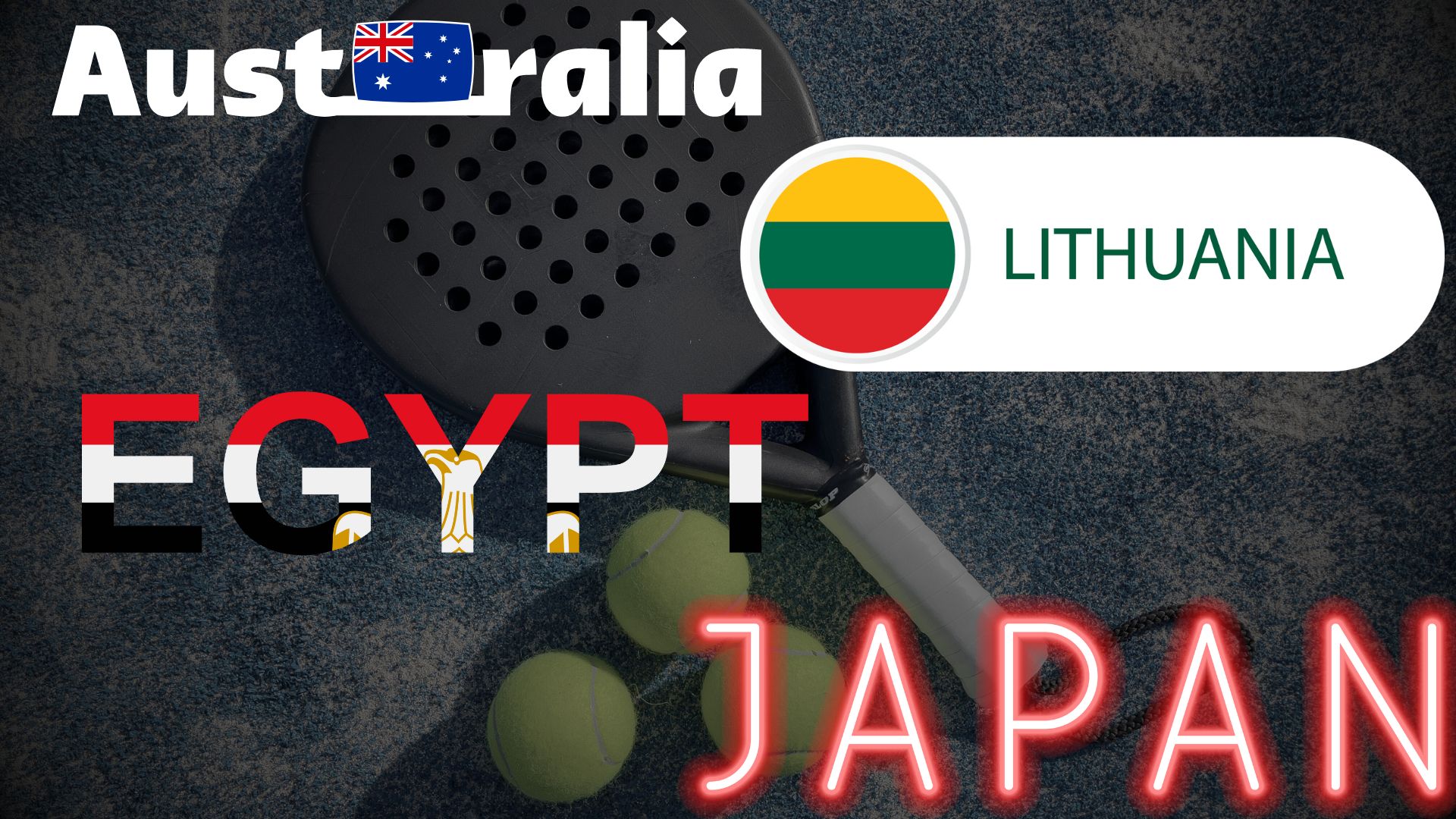 FIP Tour – Going far from Europe, THE strategy to earn points!
FIP Tour – Going far from Europe, THE strategy to earn points!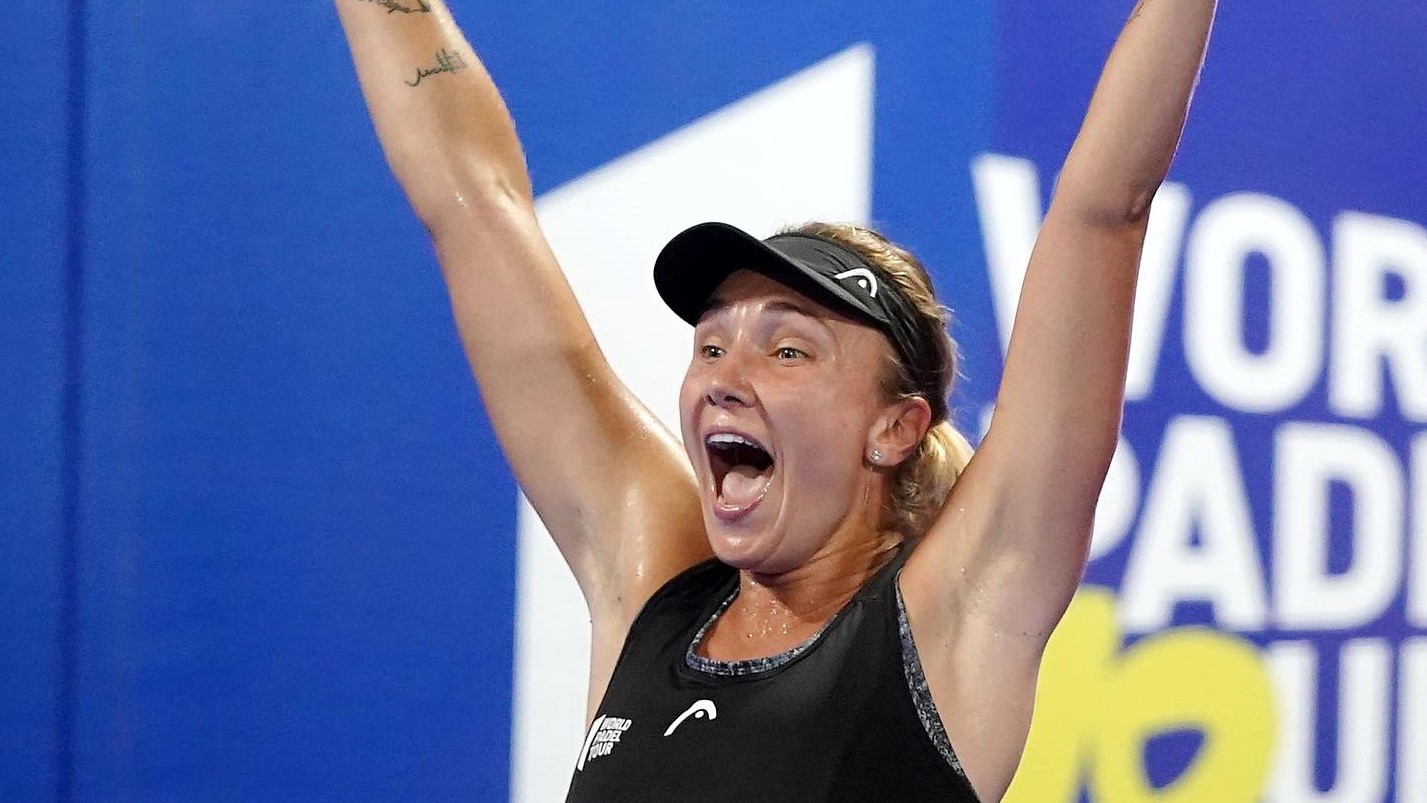 What is a good football player? padel ?
What is a good football player? padel ? “Lefties give me headaches when I play against them!”
“Lefties give me headaches when I play against them!” At the heart of padel – Episode 14: how to earn points in winter?
At the heart of padel – Episode 14: how to earn points in winter?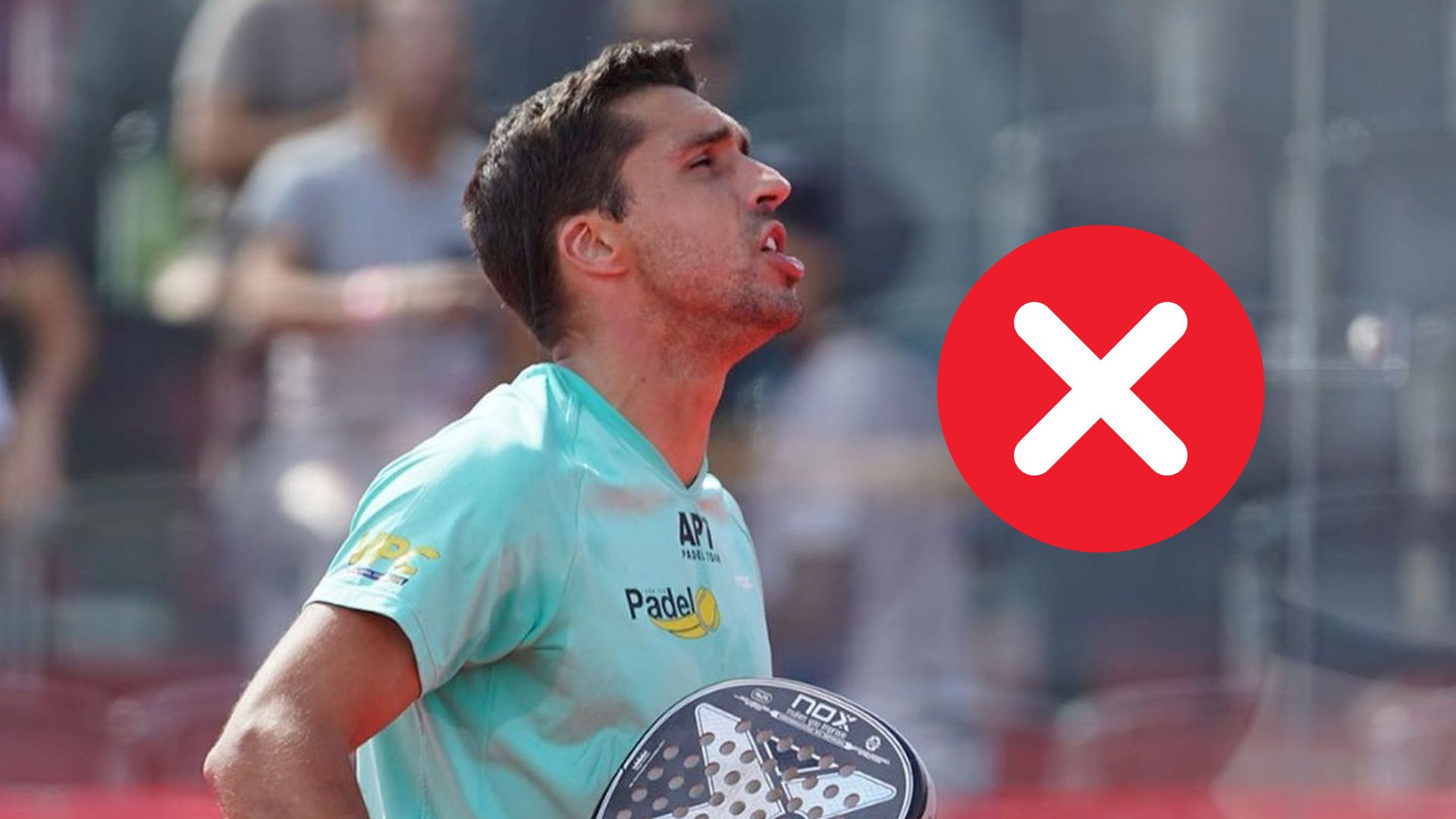 A par 4 is always a winner...even if you manage to defend it!
A par 4 is always a winner...even if you manage to defend it! Carbon fiber VS fiberglass: what to choose?
Carbon fiber VS fiberglass: what to choose? How to effectively test a racket padel ?
How to effectively test a racket padel ? La padel to fight Parkinson's disease
La padel to fight Parkinson's disease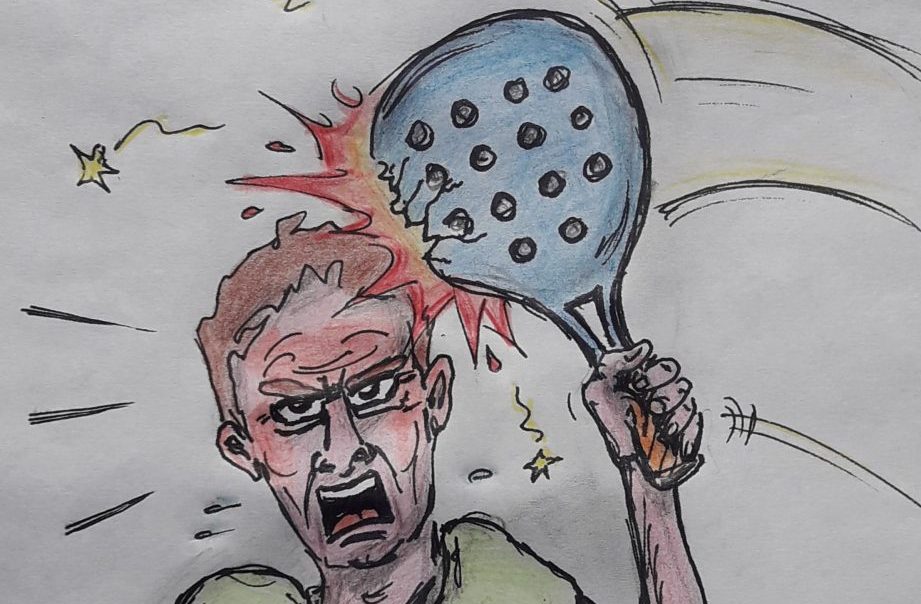 Don't play with a cracked or broken racket, your body will thank you!
Don't play with a cracked or broken racket, your body will thank you! Michel Cymes: “The padel, physically, it’s serious!”
Michel Cymes: “The padel, physically, it’s serious!” Jeremy Gala: “Promote the padel among young people in Belgium remains a challenge”
Jeremy Gala: “Promote the padel among young people in Belgium remains a challenge” The French Touch Academy organizes its selection day Padel-Study
The French Touch Academy organizes its selection day Padel-Study Report on the detection and training of younger generations
Report on the detection and training of younger generations